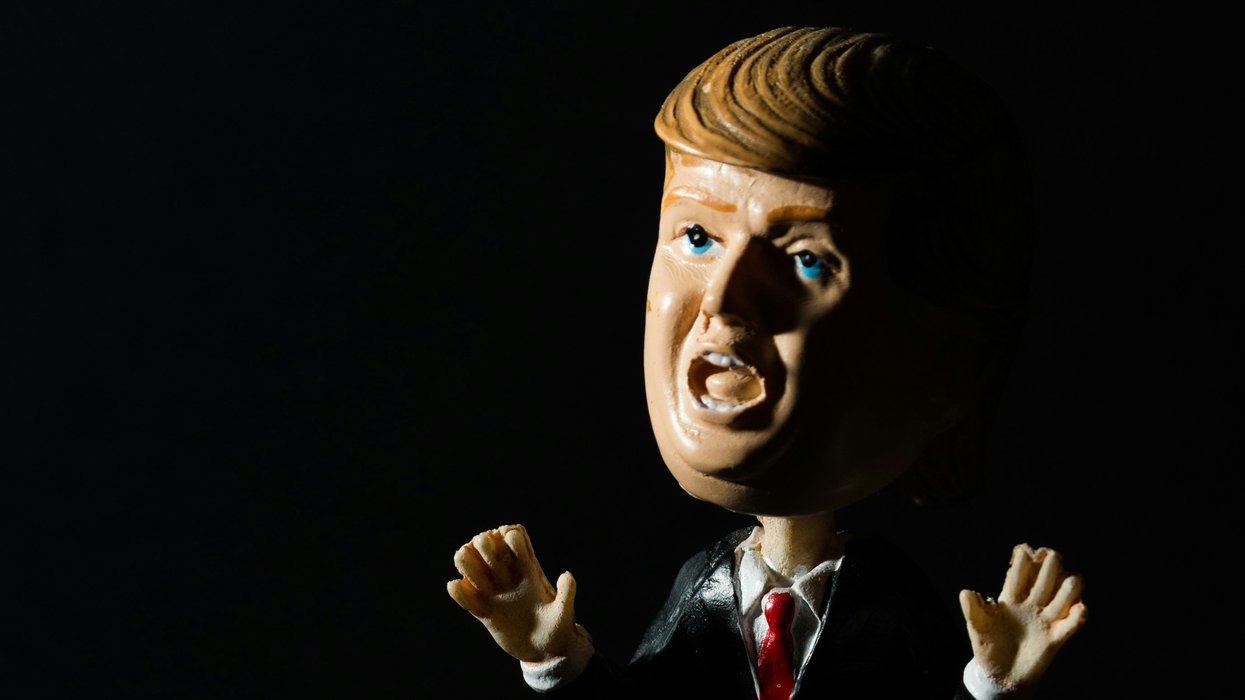The explosion of small-donor political contributions is often celebrated and extolled as one of the few positive developments amid all the problems facing the democracy reform movement.
Not so fast, argues New York University law school professor Richard Pildes. In a new essay published in the Yale Law Journal Forum, he argues the proliferation of modest contributions to candidates may be contributing to more political polarization and, at least, requires more careful examination.
Pildes also says the proposals to promote more small-donor giving that are part of the House Democrats' comprehensive political process overhaul, known as HR 1, could have unintended negative consequences.
"Small donors are seen as purifying forces who will reduce political corruption and the influence of large donors, make politics more responsive to the 'average' citizen and encourage more widespread political participation," he writes in describing the surge in online giving to presidential and congressional candidates in amounts below $200, the cutoff for full disclosure of a donor's identity.
"While we now worry about whether democracy writ large can survive the internet, many think the internet can guide us toward salvation when it comes to the role of money in elections," he wrote. "The question posed here is whether the concerns that have emerged about the internet and democracy should suddenly disappear when it comes to fundraising, or whether we need to reflect more on how those same concerns might also apply to the internet's empowerment of small donors.
Sign up for The Fulcrum newsletter
The increase in the number of people giving small amounts is a fairly recent phenomenon, beginning in 2004 with Democratic presidential candidate Howard Dean and then growing dramatically in Barack Obama's two campaigns.
In time for last year's midterm elections, the small-donor phenomenon expanded to congressional races, with Democratic candidates benefitting more than Republicans. Democratic Senate candidates raised more than a quarter of their funds from small givers and the party's House candidates raised 16 percent of their cash that way.
Much of the credit goes ActBlue, a Democratic-backing online giving platform, which Republicans have now replicated with WinRed.
Pildes points out that the number of small donors has now become a criteria that Democratic presidential candidates must meet in order to qualify for televised debates. But, he says, it actually costs some of these candidates more to attract these small donors than the amount they raise.
Of greater concern, he said, is whether the growth in small donors contributes to political polarization. One major study, he said, found that small donors contribute more to ideologically extreme candidates than did other individual donors.
For the professor, one worrying aspect of the House-passed but Senate-stymied HR 1 — and similar proposals made by some Democratic presidential candidates — is the idea of providing federal matching funds to candidates based on their success with small-dollar contributions. Doing that, he argued, could exacerbate the negative impact of small giving.
He concludes that proponents of small donations are so focused on one dimension of a problem that they "can develop tunnel vision that obscures the costs of their reforms along other dimensions of democracy."





















